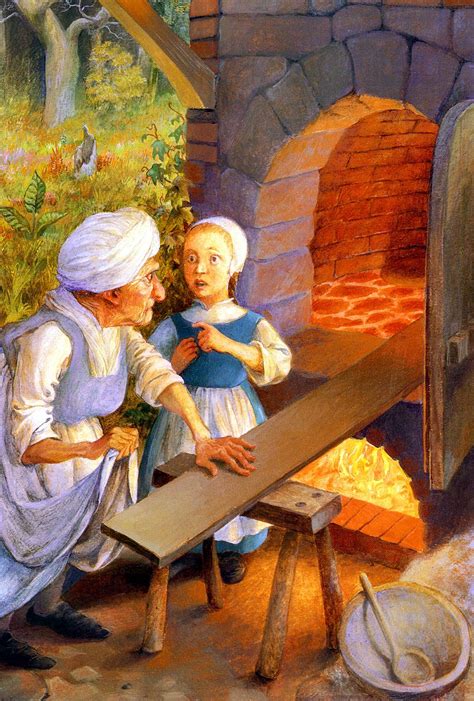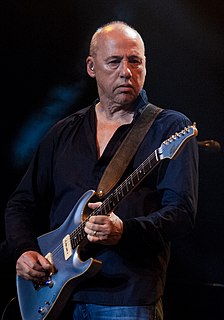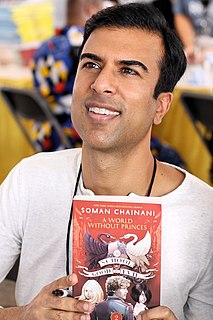A Quote by Jeffrey Pfeffer
I completely reject the idea that working adults need to be treated like infants or worse and not told the realities, harsh or not, about the world of work. Keeping people in the dark and filling them with stories that are either mostly fabricated, unusually rare, or both, doesn't do anyone any good. It is one of the reasons that workplaces and careers remain in such dire straits.
Related Quotes
In its jolly mission to expose the dark underbelly of the children’s book world, Wild Things! turns up stories I’ve been hearing noised about for ages, but with a lot more detail and authenticity. The stories may not be quite as sordid as my own imagination had conjured up—although a few of them are—because there’s no denying that this field is full of mostly nice people!—but it’s all fun and a great read for anyone interested in both children’s books and the collection of people who make them.
Each of us is comprised of stories, stories not only about ourselves but stories about ancestors we never knew and people we've never met. We have stories we love to tell and stories we have never told anyone. The extent to which others know us is determined by the stories we choose to share. We extend a deep trust to someone when we say, "I'm going to tell you something I've never told anyone." Sharing stories creates trust because through stories we come to a recognition of how much we have in common.
I feel like the world is dominated by such a small group of human beings. There are so many different kinds of people that aren't represented, that don't have characters who look like them. And that's one of the reasons why I intend on being a director, because I want to actually tell some of these stories. I also think that we place such intense emphasis on award shows when they're not necessarily the best reflection of how good the work is. We need to realize that art and creation are so much bigger than an award or any measure of accomplishment.
Long fiction is wonderful and you can lose yourself in it as a reader and as a writer, but short stories don't allow the same kind of immersion. Often the best stories hold you back and make you witness them. This may be one of the reasons some people reject the form. That and the fact that they are harder work to read. A story will not let you get comfortable and settle in. It is like a stool that is so small that you must always be aware of sitting.
I don't know the reasons why something is intimidating to me or disgusting to me and I don't like feeling that way, either. I don't like it when something turns me off, on any level. So, its a matter of saying: Well, I can either sit here and reject, or I can do double-time embracing of something else just to reassure myself that I'm not against the world.
I never think of my work as writing for a young audience, frankly, because I think it risks talking 'down' to them. The idea is for these books to work just as well as for adults as kids. As for what readers will take away, I just want them to love being in the world and see it as a safe place to explore things that adults are often uncomfortable talking to them about.
There seems to be something poetically that doesn't work or is limiting when you call God 'God' in a poem. When I tried to be honest with myself in my relationship with God, Christ is, on the one hand, completely dark, he's transcendent and unknown. On the other hand, he is completely imminent and completely knowable as Jesus. Our tradition speaks of him in both ways as transcendent but also as a lover who comes to us, and the two word 'Dark One' seem to me to contain both things, the transcendence and otherness of Christ, but also like a kind of dark lover who comes to us.


































